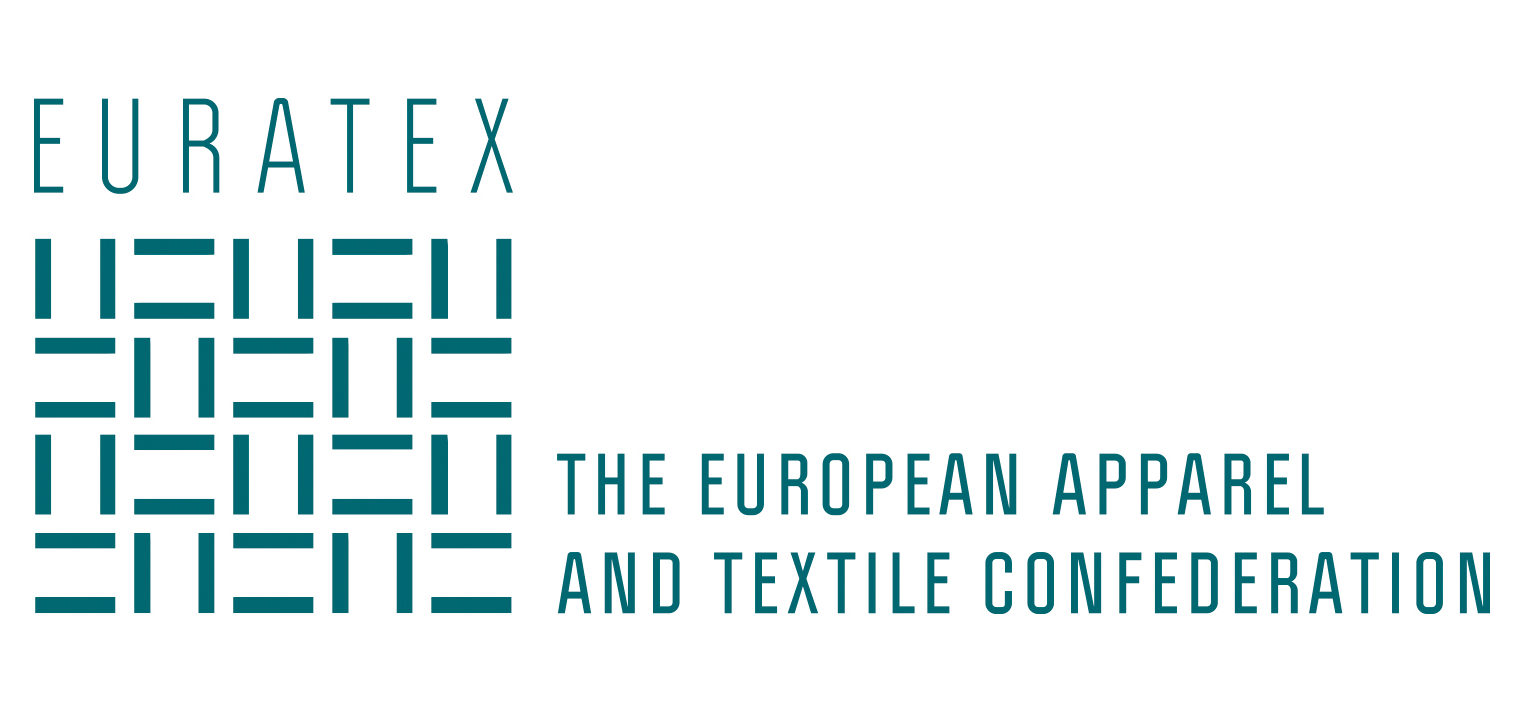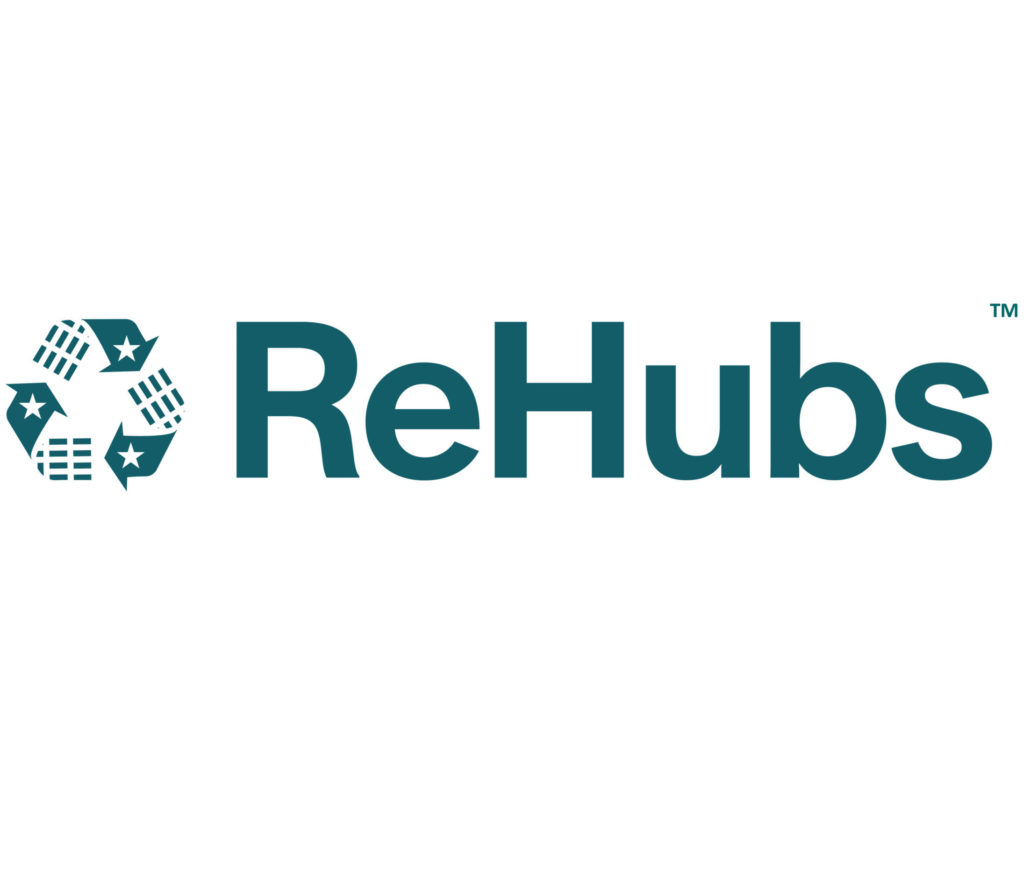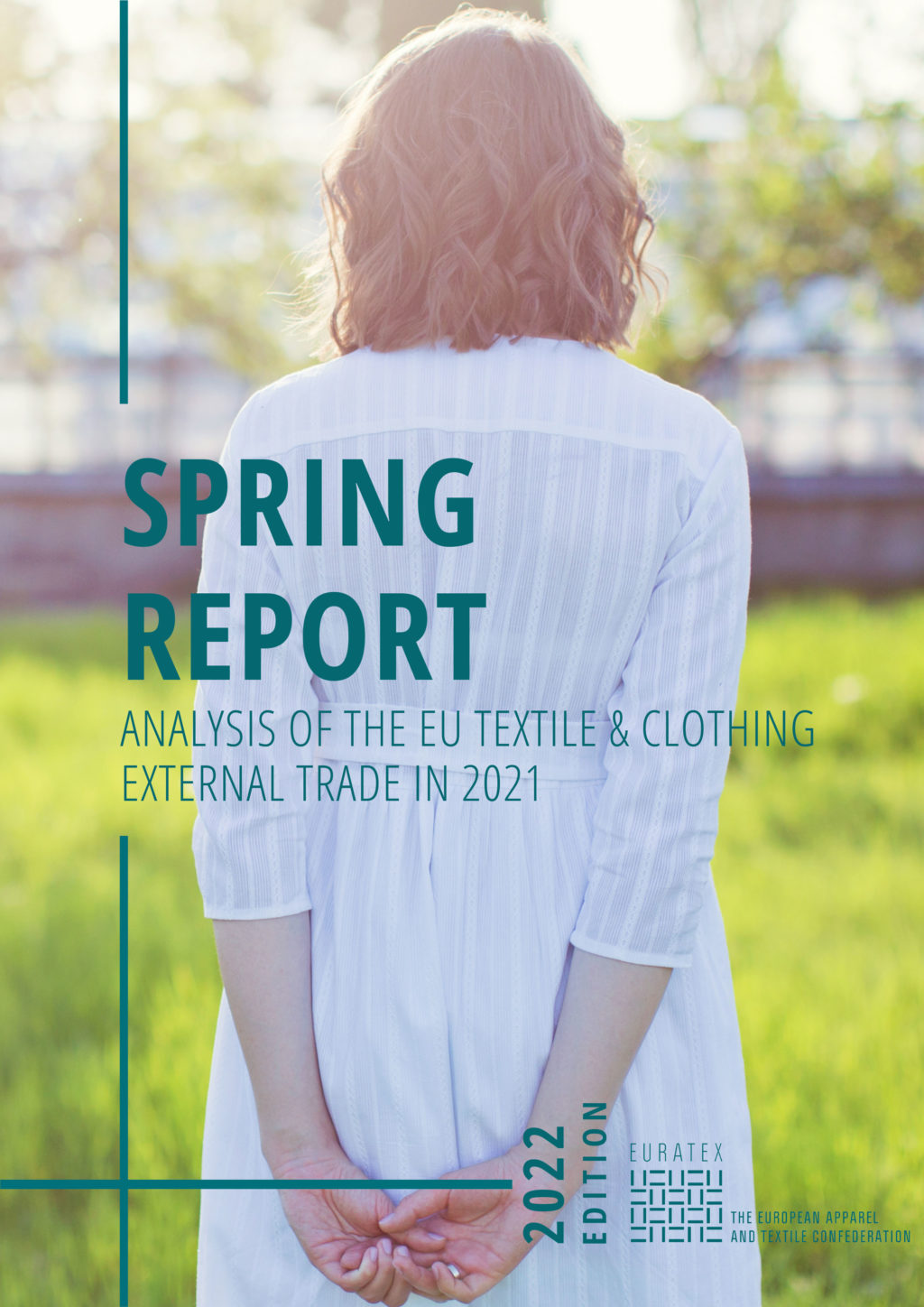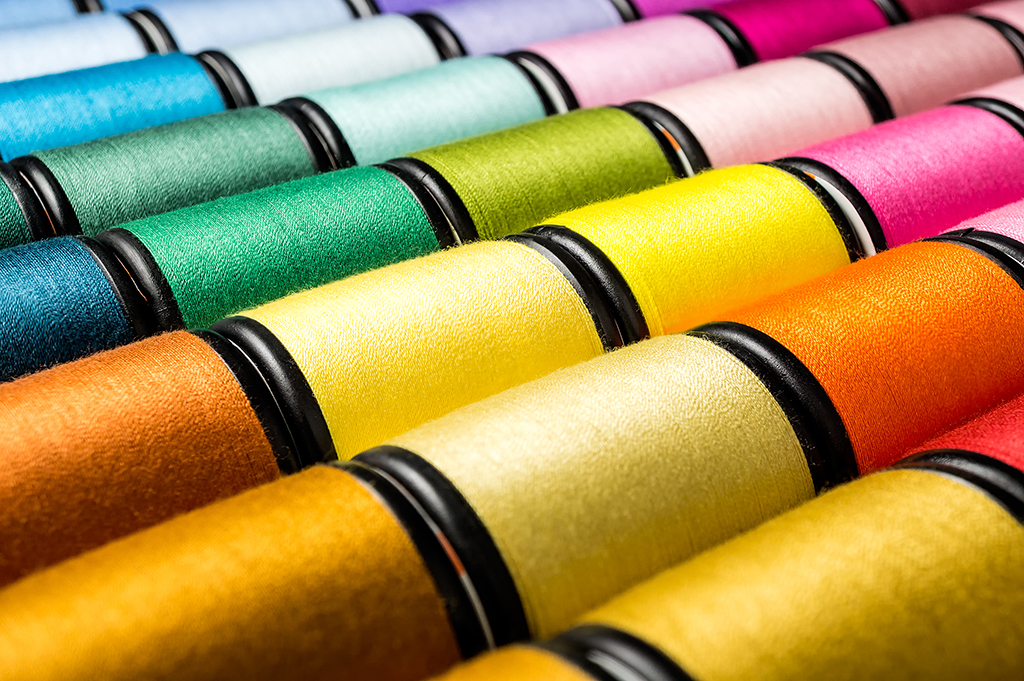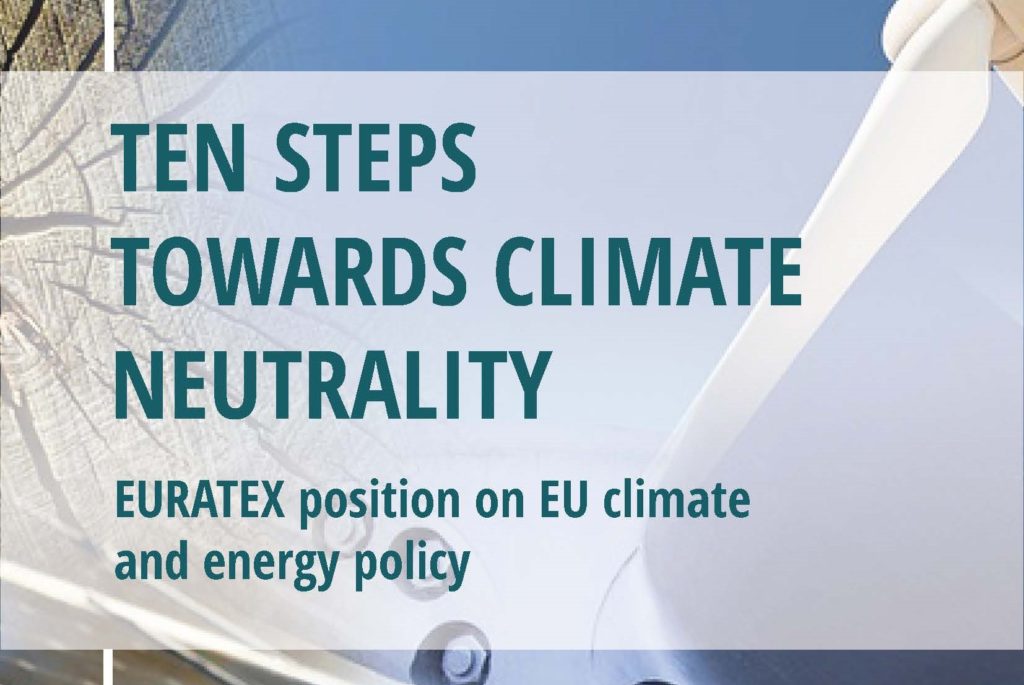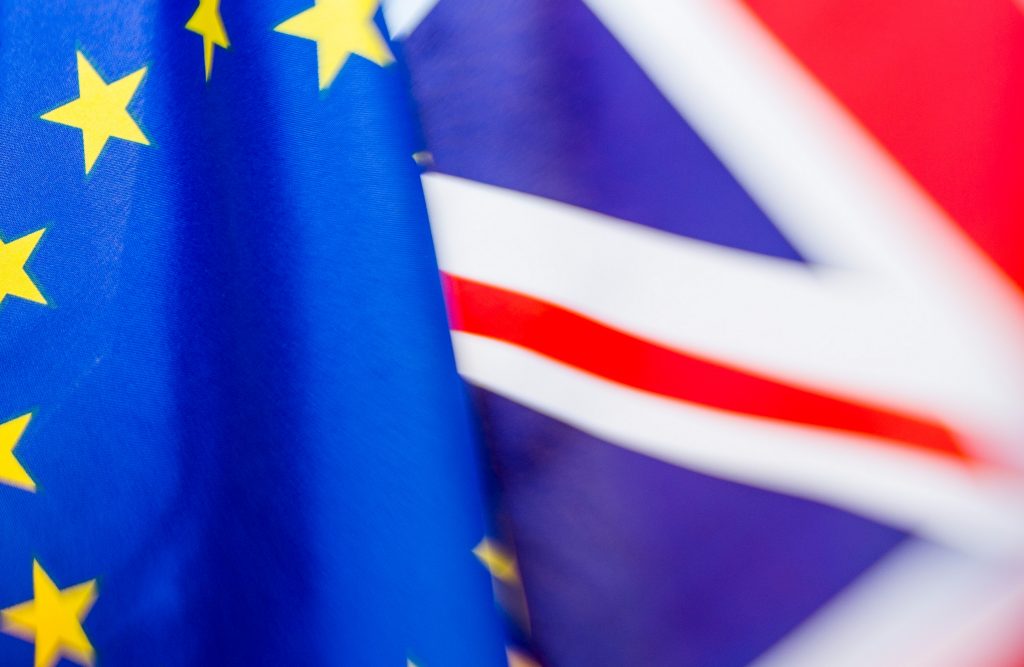ReHubs 2022: circulating textile waste into value
EURATEX’s ReHubs initiative plans to pursue fiber-to-fiber recycling for 2.5 millions of textile waste by 2030 According ReHubs Techno Economic Master Study (TES), the textile recycling industry could generate in Europe around 15,000 direct new jobs by 2030, and increase need for nearshoring and reshoring of textile manufacturing The textile recycling industry in Europe could…
Read more
